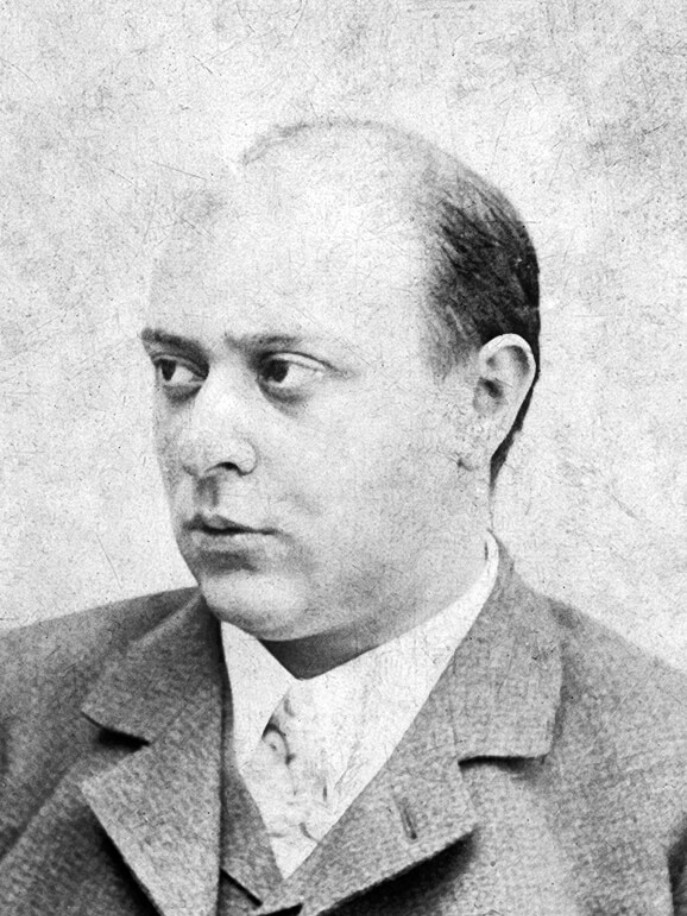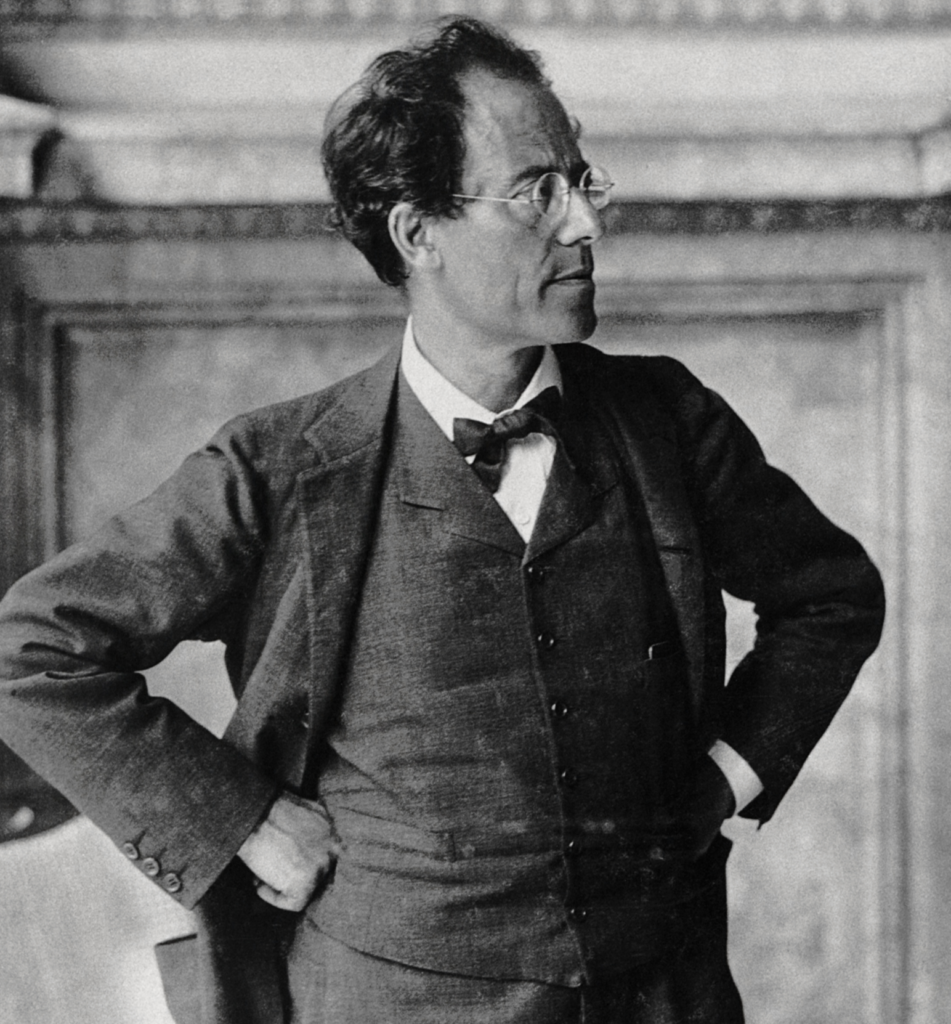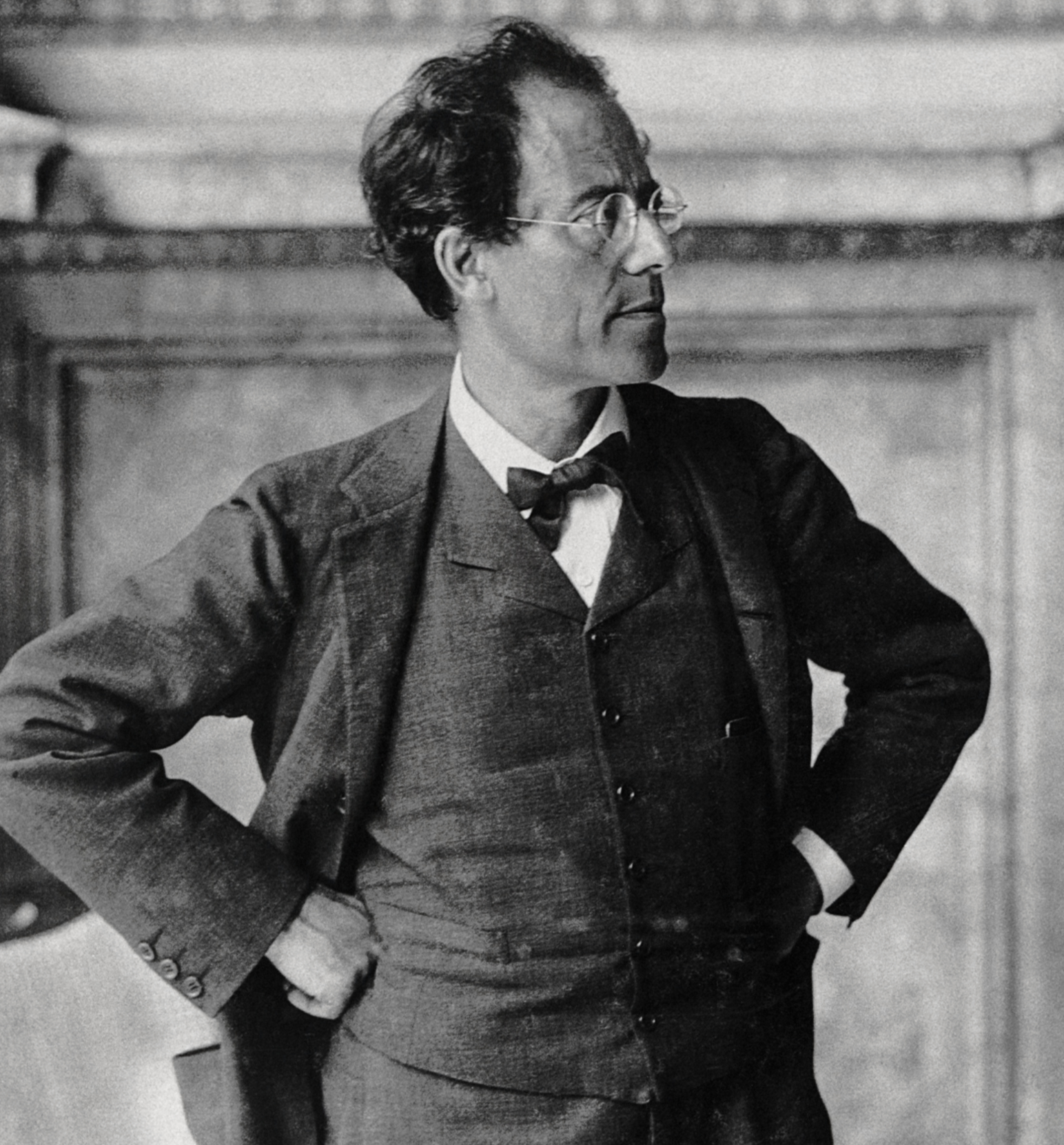By Sam Jack, sjack@newtonplks.org
Almost no live performances are happening anywhere nowadays – and that’s a big problem for artists who rely on touring and concerts to make a living. But an audience’s adulation – however much it is yearned for by young musicians trying to “make it” – can send artists into a mental and emotional tailspin when it is finally, suddenly granted.
If you’ve ever spent time watching the old “Behind the Music” specials on VH1, you know that this is true of popular performers such as Britney Spears and Michael Jackson. These two went through psychological torments, made more painful because they happened under the scrutinizing eyes of fans and detractors.
Similar stories can be told about musical celebrities of earlier decades and centuries. Some were, or pretended to be, indifferent to public tastes; others came to hate fame and view it as a trap; and still others were almost obsessive in their pursuit of public approval and support.

The Austrian (later American) composer Arnold Schoenberg had to wait until his 39th year to experience his first major success: the premiere of Gurre-Lieder.
The evening-length work called for a huge chorus and orchestra, plus five solo singers. Its second half featured a singing army of the undead, and the whole thing ended with a rhapsodic choral finale saluting the rising sun.
In retrospect, it was a surefire crowd-pleaser, and the premiere audience in 1913 Vienna was thrilled. They applauded Schoenberg for 15 minutes straight and presented the composer with a laurel crown of triumph.
But instead of making Schoenberg happy, this positive attention made him mad, or perhaps sad. He refused to face the audience and accept its applause, instead turning his back and bowing only to the musicians on stage.
What accounted for this odd, not to say rude, behavior? Many in the audience were probably puzzled, but critics and cognoscenti knew that there was a 13-year gap between the start of Schoenberg’s work on Gurre-Lieder and its premiere. During those years, Schoenberg turned his back on the late-Romantic style the piece was written in and set off in a radical new direction. He therefore perceived the crowd’s embrace of Gurre-Lieder as an endorsement of his past and a rejection of the avant-garde artist he was then becoming.
“I had lost friends, and I had completely lost any belief in the judgment of friends,” he said. “And I stood alone against a world of enemies.”

While Schoenberg thought he saw a sneer hidden under the audience’s smiles, the composer Gustav Mahler was haunted by the mirror image of popular adoration: death and dissolution.
At home after the premiere of his opera The Three Pintos (a completion of an unfinished older opera by Weber), Mahler gathered congratulatory flowers and wreaths around his bed, lit candles, and imagined himself to be lying on his funeral bier.
Two decades later, Mahler spent an afternoon being psychoanalyzed by Sigmund Freud, and this “Memento Mori” episode no doubt gave rise to some interesting discussion. Mahler’s struggle with depression was lifelong, but he was a beloved figure when he died in 1911, and his reputation and popularity have been on the ascent for the past 60 years.
As for Schoenberg, he walked a lonelier path after that sparkling night in Vienna. His works in a new, atonal style of his own invention attracted intense, even dogmatic support from many scholars and composers, but were never embraced by the general public.
Schoenberg spent his final years as part of a small community of exiled German composers and intellectuals in Los Angeles. When celebrity-spotting tours passed his house, the guides would point out the home of Shirley Temple and neglect to mention the eminent composer next door.
“My father was always sad about that,” Schoenberg’s son told the critic Alex Ross. “But another time, when we went out driving, we stopped for orange juice on Highway 1, and we heard ‘Verklärte Nacht’ coming over a loudspeaker. I never saw him so happy.”

